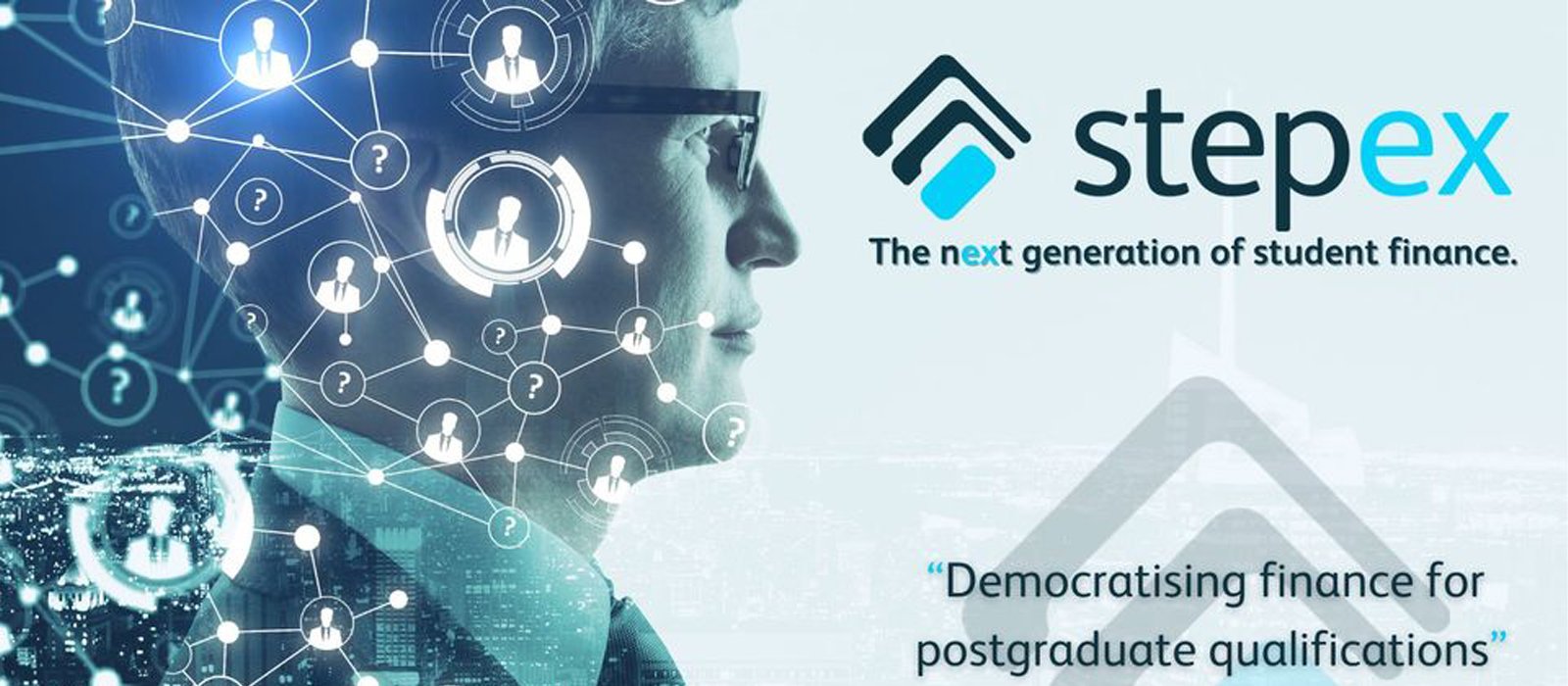Higher education, particularly that at the postgraduate level, has the potential to provide an individual with enhanced professional and financial opportunities. However, those Masters and Doctoral degrees don’t come cheap. So what’s an enterprising student to do? London-based fintech StepEx is seeking to get more students on the postgrad path through what they refer to as “Future Earnings Agreements”. The term might perhaps be better known as Income Sharing Agreements (ISAs).
StepEx has raised £1.1 million in pre-seed financing, and in conjunction with the London Business School, INSEAD, and multiple technical skills education outlets has created a massive dataset of graduate earnings. Pooling this data together with a machine learning model and open banking data, StepEx can predict an applicant’s future earnings with a high degree of accuracy. Looking down the road, the startup also states that they will be able to use this data to close the feedback loop and provide educators with data about pricing and the value courses are delivering.
With this forecast, the startup is then able to offer students the ability to pay back the financing via a percentage of their earnings for a fixed period. The payback is only triggered upon completion of the course and when they cross a pre-agreed salary threshold.
“Debt is a poor solution to this problem, with lending terms based on past income, which restricts the opportunity for younger and less wealthy individuals and limits upward social mobility,” explains StepEx founder and CEO Daniel George. “Outcome-based finance fixes this and opens up enormous economic opportunities for people who would otherwise be priced out of the kind of courses that unlock significantly higher earning potential.”
StepEx charges course providers with an upfront fee per student and then takes a small commission on each monthly repayment. It's worth noting that StepEx is currently the only FCA-regulated fintech operating in the ISA space.
According to the fine print at StepEx:
"The maximum amount repaid is between 1.5x and 3x the amount borrowed depending on the course provider- there is a very low probability that a borrower will ever repay the maximum amount given that they would need to earn substantially more than the projected income.
If annual income never exceeds the minimum repayment amount, typically £25,000, then you will make no repayments until you earn over a defined minimum threshold. To ensure this product is affordable there are restrictions on how much of your future earning you can commit, typically this limit is 15%.
This calculation is based on an approximate equivalent 9% APR. The expected cost of StepEx finance can range from 0% APR to 9% APR depending on the course. If you earn more than expected you will repay more and if you are earn (typographical error: StepEx) less than expected you will repay less."
Whilst currently focused on postgraduate university education and technical skills courses, StepEx's roadmap includes expanding its services to a wider range of educational providers in the future.
StepEx isn’t alone in this space, as UK-based StudentFinance is also in the ISA market and raised €4.5 million just a few months back.
The £1.1 million funding was provided by investors including Anthemis, BBVA’s Venture Partnership, Triple Point Ventures, and Chris Adelsbach.



Would you like to write the first comment?
Login to post comments